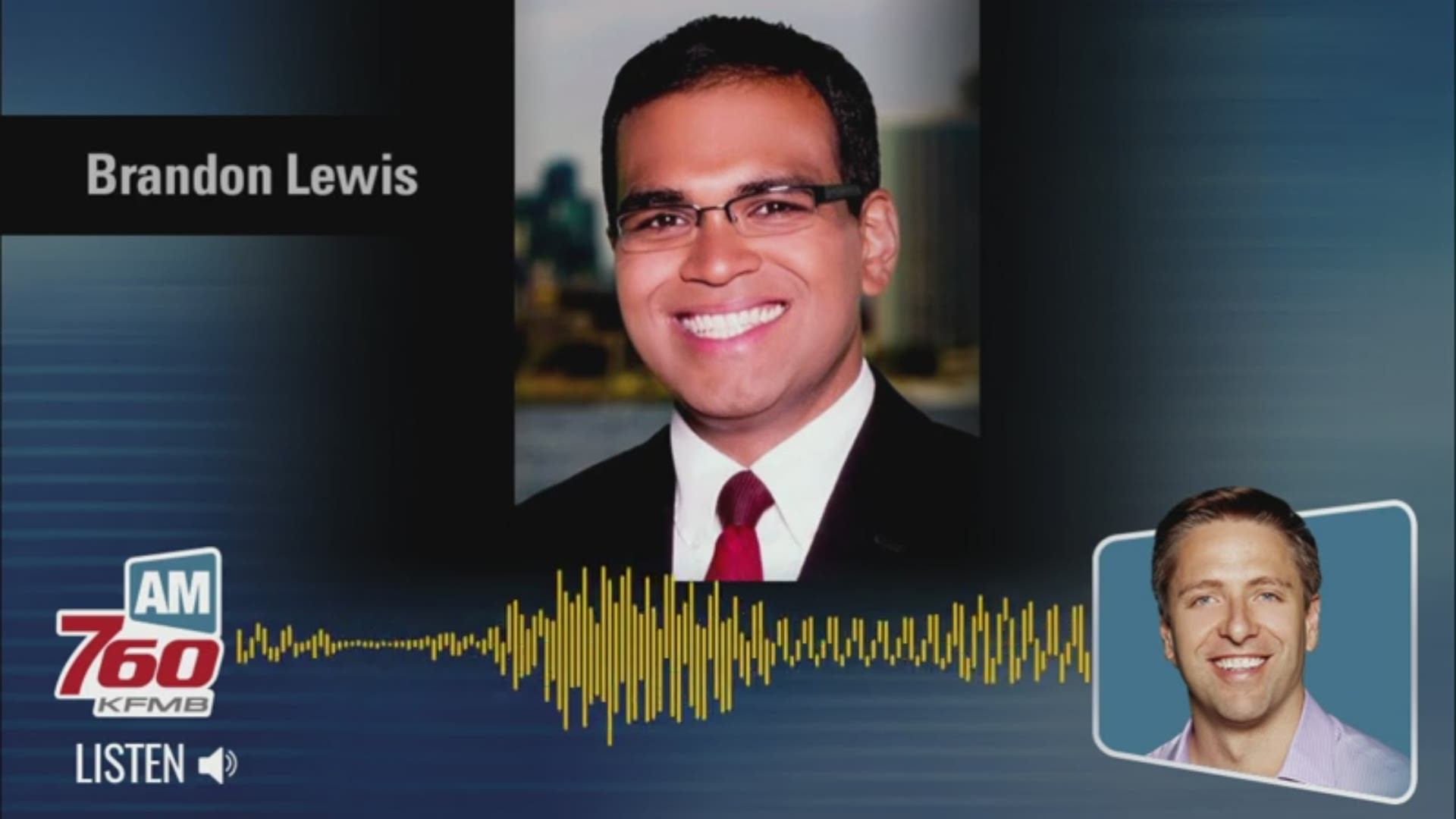TIJUANA, Baja California — As the sun was setting in Tijuana, we followed a set of GPS coordinates to a nondescript parking garage guarded by a heavily armed officer. He waved us in after a brief discussion and we met Officer Jorge Garcia Palomo with the Tijuana Municipal Police Department, who would be our guide for the evening.
Palomo is an 11-year veteran of the force and oversees about 80 officers who work in Zona Rio, a modern and touristy area of Tijuana. He has an eye for detail and told us we had to go back to the garage before we resumed patrol because his pickup was missing a hubcap. I sat in the backseat for the ride-along, often bouncing around as Palomo navigated the pothole-laden streets.
One report named Tijuana “the most dangerous city in the world,” citing its notoriously high homicide rate. Mexico’s statistics show 2,246 people were intentionally killed last year in Tijuana, accounting for 7% of all homicides nationwide and more than double than the city Juarez, which had the second most homicides in Mexico. Researchers at the University of San Diego attribute the increase in homicides mostly to cartel violence.
City leaders dispute its dangerous delegation. They claim homicides are down 34% in the first two months of 2018. Crime overall is down 40% since 2008.
“Since I do this every day, I’ve noticed things have gotten better,” said Palomo. “As someone who lives here and works here and sees Tijuana on a daily basis, it does make me sad when people say this the most dangerous city in the world.”
I asked him about what his most frequent call is for, Palomo said he spends most of his day pulling over drivers for not wearing seatbelts, overly tinted windows and using a cell phone.
After driving around downtown side streets, we pulled over in a trendy area. Palomo hangs his semi-automatic rifle around his neck as we walk the beat. I noticed many police cars parked with their lights flashing. Palomo explained it’s to have a presence so people know they are in the area.
We continue walking on the iconic Avenida Revolucion. Music blares from the many bars, but they weren’t anywhere near capacity since we were there midweek. Palomo said they are usually packed with Americans and locals alike on the weekend.
“I like all of it. I was born here. I was raised here all my family lives here. I love Tijuana,” said Palomo, a father of three children.
As we’re walking, we notice officers speaking with a woman at a taxi stand. Palomo approaches and finds out a woman was feeling sick after drinking a beer and taking a pill. Officers were working to get her medical attention. It’s a call not unlike one where officers in San Diego might assist.
I noticed the officers were wearing body cameras. Tijuana launched an initiative four years ago to combat allegations of corruption by officers and the public.
“Sometimes people make things up that are not true and that’s not the reality. The camera helps us back up the story and that’s why we got the cameras. Something you guys do in the United States,” Palomo said.
The cameras record an officer’s entire shift and only supervisors can access the footage. Still, with some officers working up to 70 hours a week, supervisors can’t watch everything. Palomo says the effort is working and the department wants to continue improving.
“Our two objectives are first for people to have trust in us and also to feel safe. We want to gain trust of the community,” said Palomo. “We want people to see that we’re cruising in the streets. Sometimes people have a bad perception of officers, but as soon as we approach them and talk with them their opinion changes.”
We ended up passing a cigar shop where four Americans are shopping. They noticed our cameras and stopped Palomo to shake his hand and boast about the department.
“Number one police is Tijuana police,” said Andres Juaninski, an American visiting Tijuana. “They help and respect but do their job. The law is the law in Tijuana and they do their job, but they help everybody.”
We got back in Palomo’s pickup and continued patrolling a quiet neighborhood. At one point, we jokingly asked if his radio was working because there were so few calls.
Just before the end of his more than 12-hour shift, Palomo overheard a call. He hit the siren and the gas. As I jostled in the backseat, we understood there was a report of an incident on a bus.
About a minute later, we arrived at the location given to 911, but there was neither a bus nor suspect. Soon, another officer radioed that he found the person they were looking for a few blocks away. We pulled up as officers were talking to a man matching the description given to dispatch. Palomo spoke with the officers and explained the man became disorientated on a bus. He got off on the wrong stop and was now stranded far from home, so he called 911 for help. The officers offered to give him a lift home.
Palomo nodded to it as an example of the care his department has for the community and its visitors.
“Don’t be afraid. I invite you to come to Tijuana. Here in this zone, there are good places to eat, places to have fun,” said Palomo as he pointed out popular restaurants and nightclubs. “You should always feel safe here at the end of the day. If you’re a tourist nothing will happen.”


